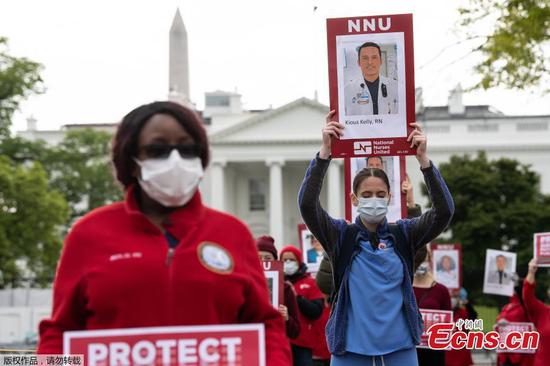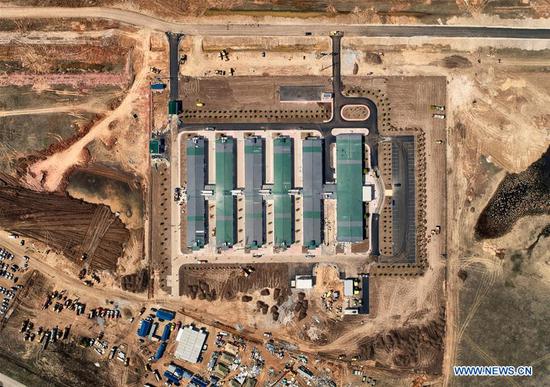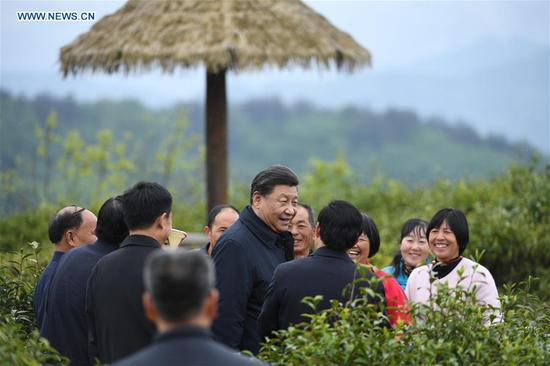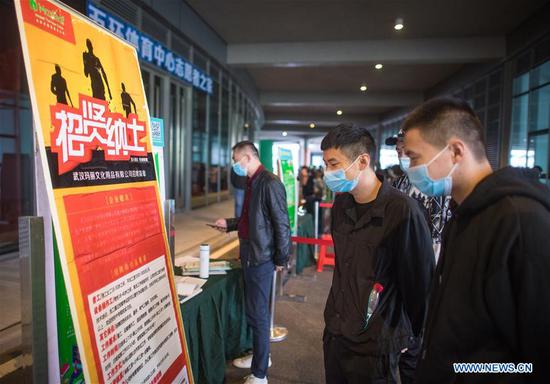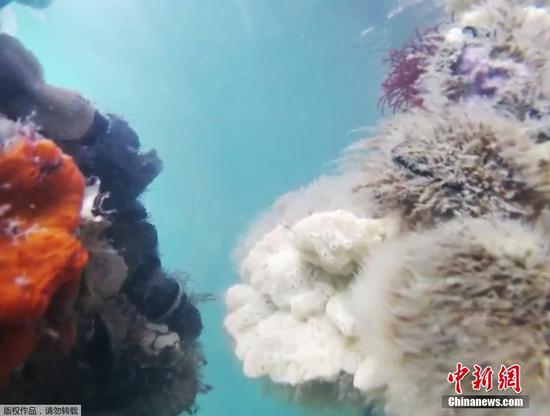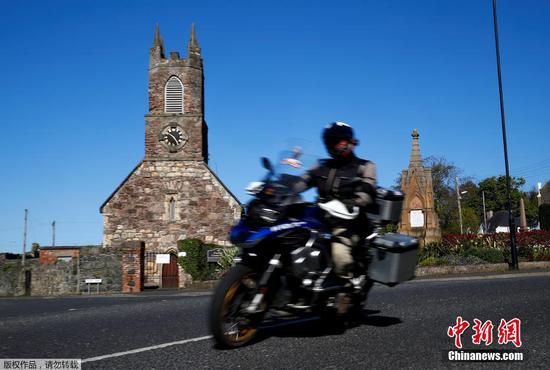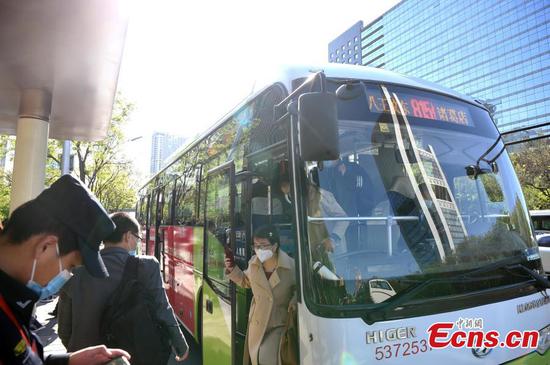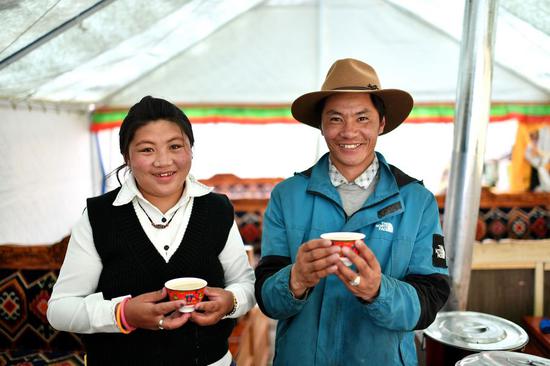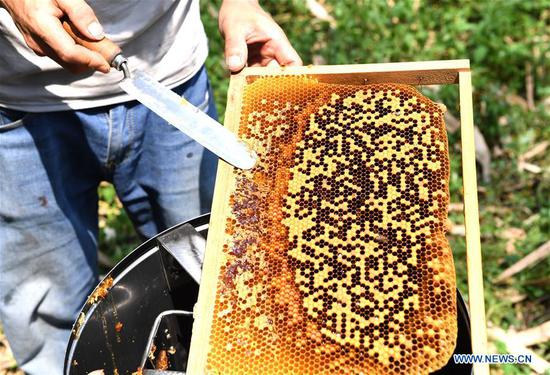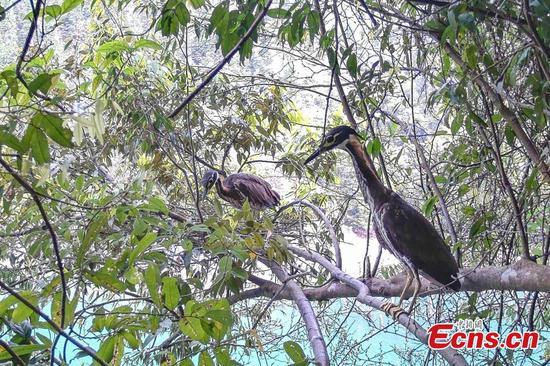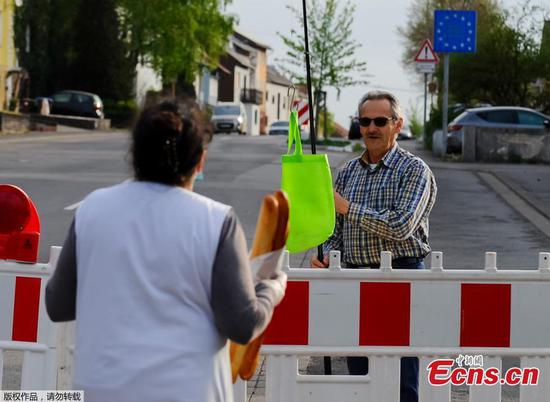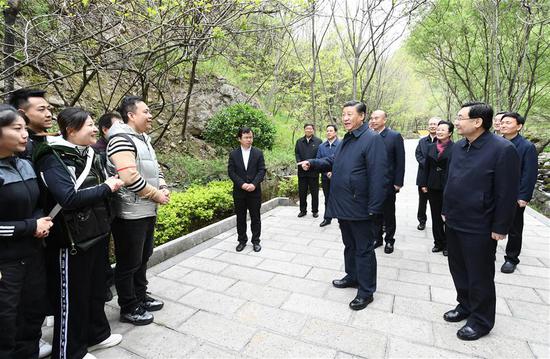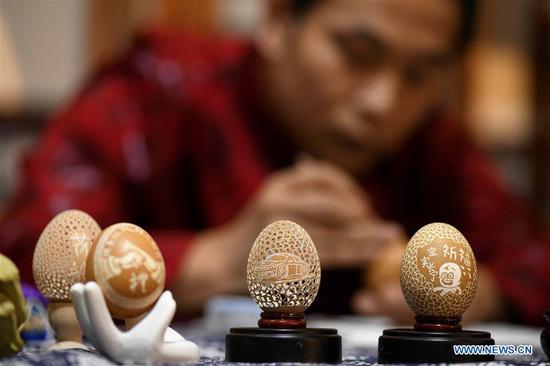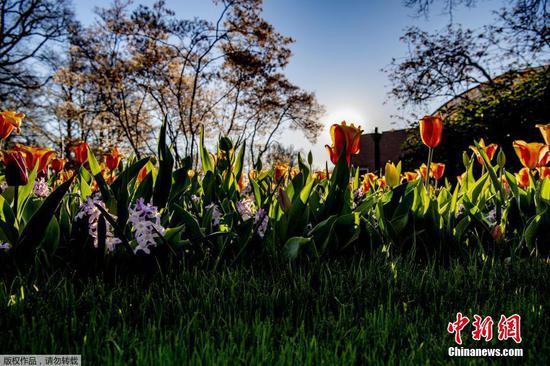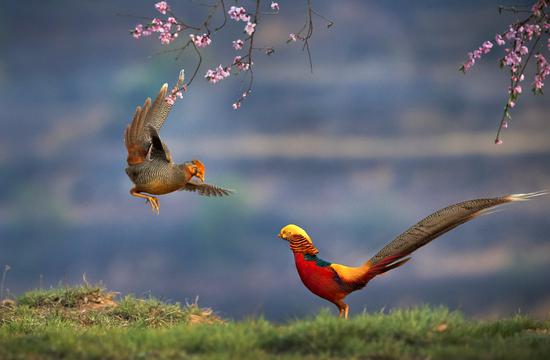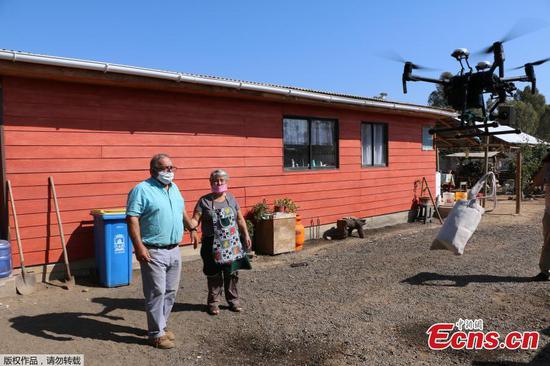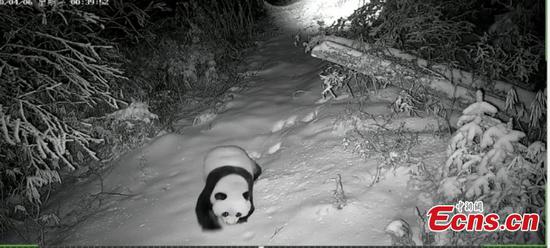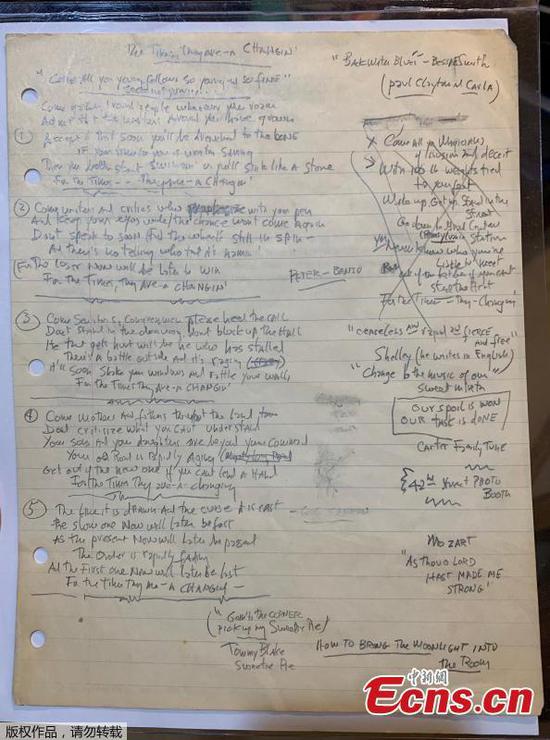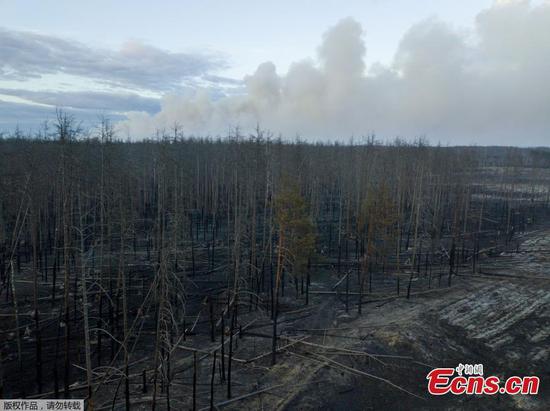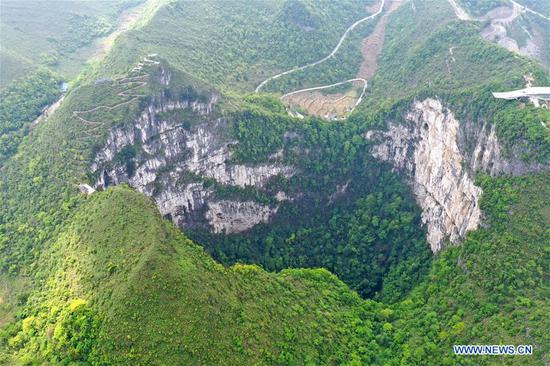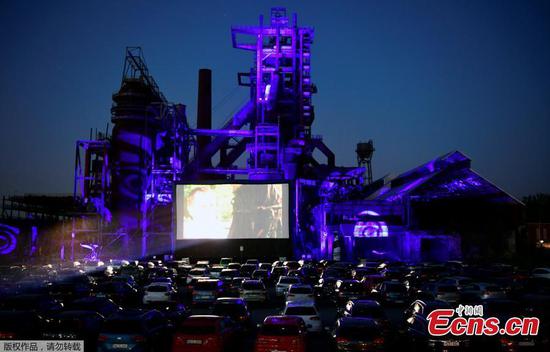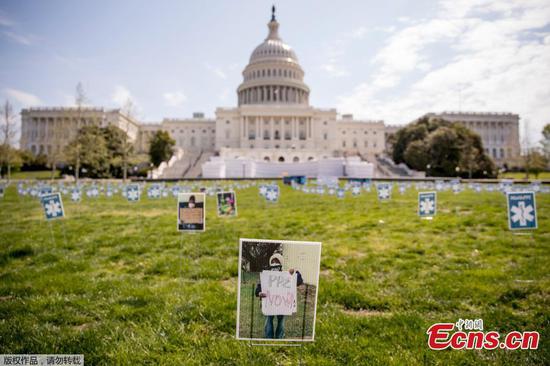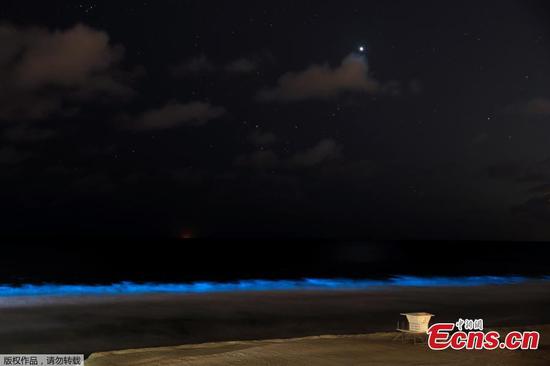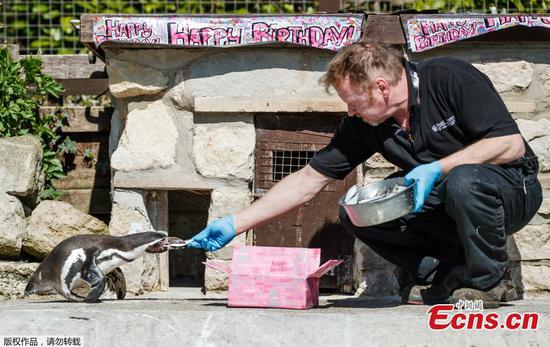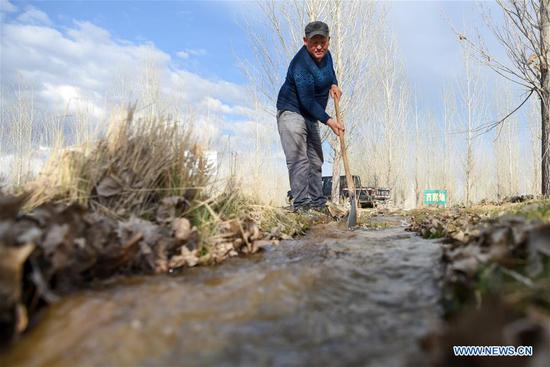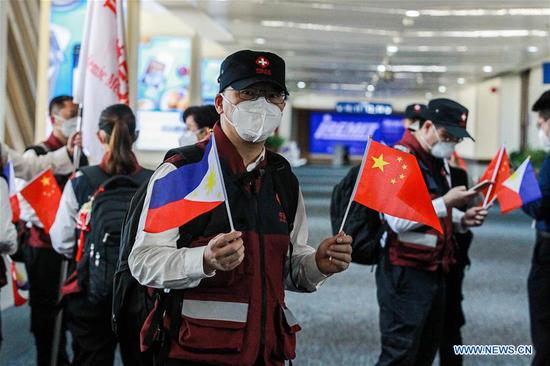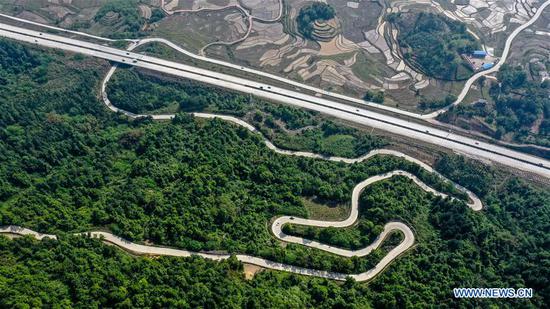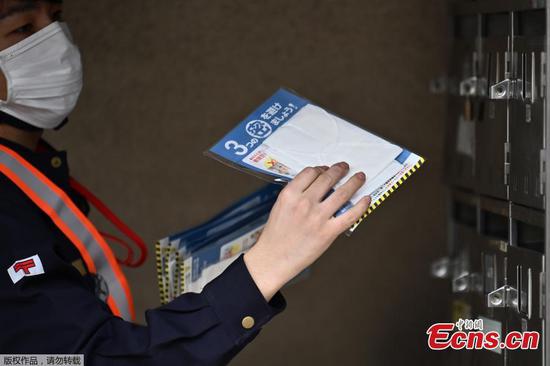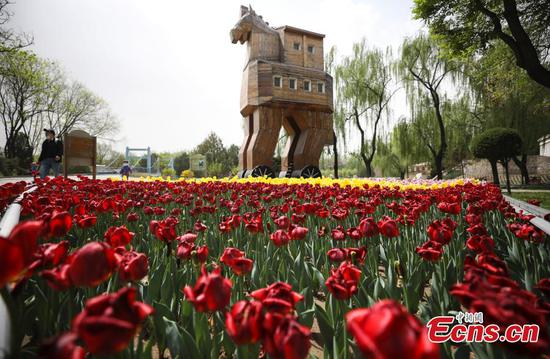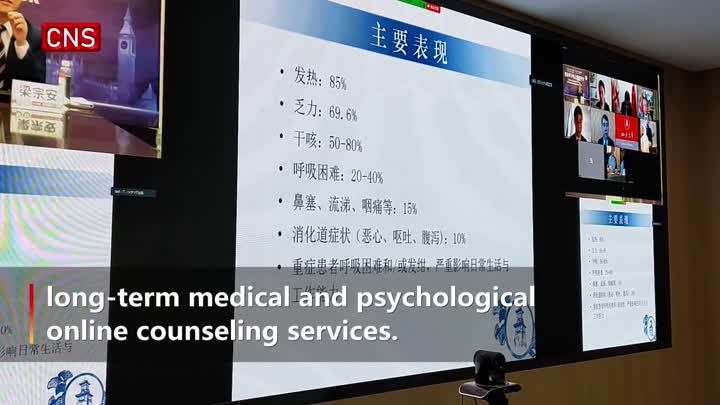China and South Korea expressed regret on Tuesday over Japanese Prime Minister Shinzo Abe's ritual offering to the notorious war-linked Yasukuni Shrine for Japan's spring festival.
Chinese Foreign Ministry spokesman Geng Shuang reiterated at a news conference on Tuesday that China's position related to the Yasukuni Shrine is clear and consistent.
The negative developments from Japan show the country's erroneous attitude toward its history of aggression, Geng said.
"We urge the Japanese side to faithfully honor its statements and commitments on facing up to and reflecting upon its past aggression, and to win the trust from its Asian neighbors and the world by taking concrete actions," he said.
The Yasukuni Shrine, seen by neighboring countries as a symbol of Japan's past militarism, has long been a source of diplomatic friction with these neighbors as it honors convicted war criminals together with the war dead.
Earlier in the day, Abe made the masakaki tree offering to the shrine under the name of the prime minister on the first day of the spring festival.
Abe has sent a ritual offering to Yasukuni during the shrine's spring and autumn festivals every year since he began his current administration in 2012.
He last visited the controversial shrine in December 2013, when his action was strongly condemned by China and South Korea, as well as the United States, which said at the time it was disappointed with Abe's decision.
Visits and ritual offerings made in person or by proxy to the shrine by Japanese leaders and officials have consistently sparked strong criticism and hurt the feelings of China and South Korea and other countries brutalized by Japan during World War II.
South Korea's Foreign Ministry said in a statement that the country expressed deep regret and disappointment with Abe for his making another ritual offering to the shrine, a symbolic facility that glorifies Japan's war of aggression and colonial plunder.
The statement strongly urged the Japanese leadership to show a willingness to improve relations with South Korea by squarely facing up to history and showing humble introspection and sincere repentance over the country's past atrocities through actions.
The Shinto shrine honors 14 Class-A convicted war criminals among 2.5 million Japanese war dead from World War II and is regarded as a symbol of Japan's past militarism.
The Korean Peninsula was colonized by Imperial Japan from 1910 to 1945.
Mo Jingxi in Beijing and Xinhua contributed to this story.









